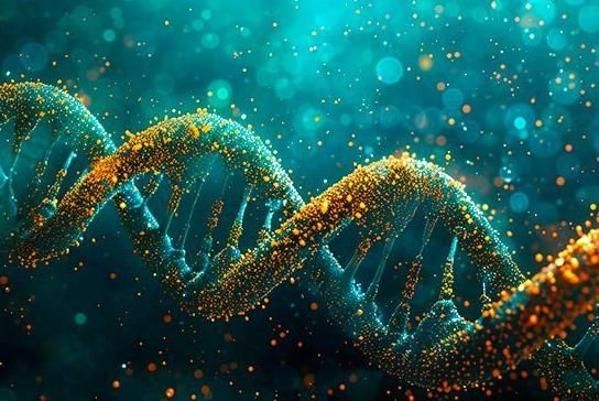(FC) Bioquímica y Genética
Departamento académico


University of Edinburgh
Edimburgo, Reino UnidoPublications in collaboration with researchers from University of Edinburgh (13)
2023
-
A TGFβ-ECM-integrin signaling axis drives structural reconfiguration of the bile duct to promote polycystic liver disease
Science translational medicine, Vol. 15, Núm. 713, pp. eabq5930
-
A second update on mapping the human genetic architecture of COVID-19
Nature
-
Erratum to: Mapping the human genetic architecture of COVID-19 (Nature, (2021), 600, 7889, (472-477), 10.1038/s41586-021-03767-x)
Nature
2022
-
Activation of the unfolded protein response (Upr) is associated with cholangiocellular injury, fibrosis and carcinogenesis in an experimental model of fibropolycystic liver disease
Cancers, Vol. 14, Núm. 1
-
Clinical relevance of biomarkers in cholangiocarcinoma: critical revision and future directions
Gut, Vol. 71, Núm. 8, pp. 1669-1683
-
New molecular mechanisms in cholangiocarcinoma: signals triggering interleukin-6 production in tumor cells and KRAS co-opted epigenetic mediators driving metabolic reprogramming
Journal of Experimental and Clinical Cancer Research, Vol. 41, Núm. 1
-
Senolytic treatment preserves biliary regenerative capacity lost through cellular senescence during cold storage
Science translational medicine, Vol. 14, Núm. 674, pp. eabj4375
2021
-
Building consensus on definition and nomenclature of hepatic, pancreatic, and biliary organoids
Cell Stem Cell, Vol. 28, Núm. 5, pp. 816-832
-
Dual Targeting of G9a and DNA Methyltransferase-1 for the Treatment of Experimental Cholangiocarcinoma
Hepatology, Vol. 73, Núm. 6, pp. 2380-2396
-
Mapping the human genetic architecture of COVID-19
Nature, Vol. 600, Núm. 7889, pp. 472-477
-
Using symptom-based case predictions to identify host genetic factors that contribute to COVID-19 susceptibility
PLoS ONE, Vol. 16, Núm. 8
2020
-
Cholangiocarcinoma 2020: the next horizon in mechanisms and management
Nature Reviews Gastroenterology and Hepatology, Vol. 17, Núm. 9, pp. 557-588
-
Non-canonical Wnt signalling regulates scarring in biliary disease via the planar cell polarity receptors
Nature Communications, Vol. 11, Núm. 1